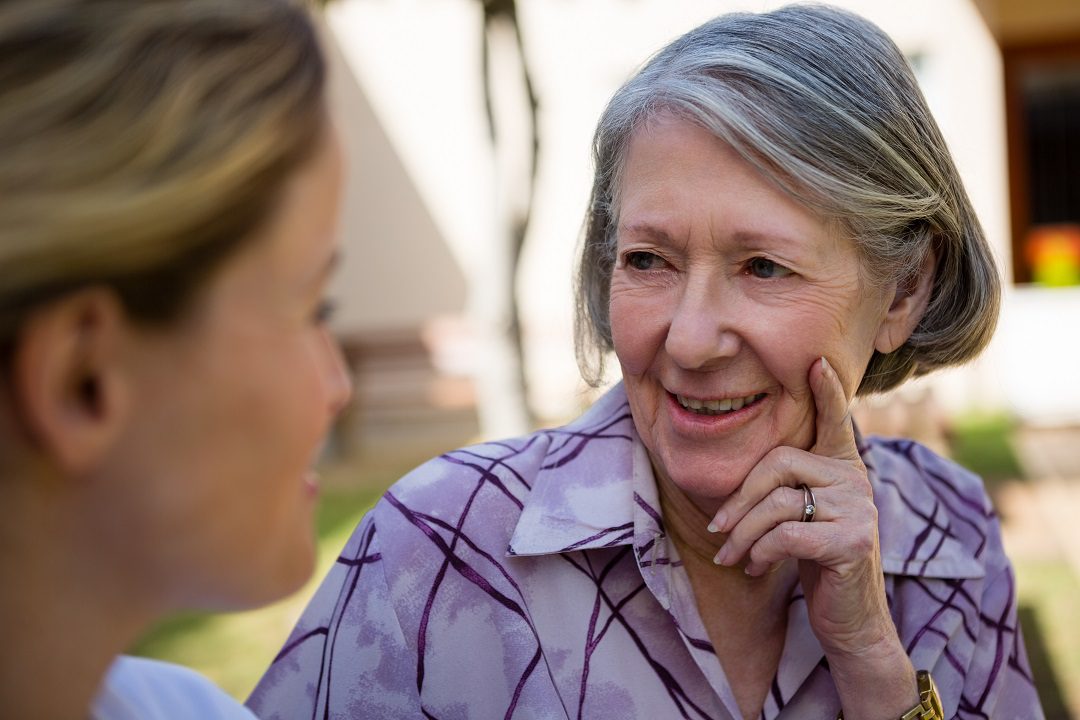When health professionals offer services to people with dementia, they often say they don’t need help yet. However people with dementia using services usually wish they had asked for help sooner. People with dementia sometimes don’t realise that services might help them better navigate life with dementia.
A range of supports can help you adjust to your diagnosis of dementia:
Education and support groups for people recently diagnosed with dementia
People with dementia also find attending an education and support group, or an online support group really useful to learn more about dementia, share stories and make friends with people going through the same experience.
Post-diagnostic counselling for people recently diagnosed with dementia
Dementia Australia offers a 6 month telephone or online counselling program for people recently diagnosed with dementia. Having an expert answer questions and help you adjust to life with dementia can make the experience easier.
Dementia advisors
Dementia Advisors are available through most of Australia. They offer a range of information, as well as group and one-on-one sessions and can support you to obtain other supports and services. There is no central contact point for the Dementia Advisory Service, search through Google to see if there is one available in your area.
Grief and loss counselling
Dementia Australia offer free, confidential, professional counselling for individuals, families, couples and professional carers at all stages of a dementia journey. To access this service call the National Dementia Helpline on free call 1800 100 500.
Private grief and loss counsellors can help you work through your feelings about having dementia. This can be helpful for people who are struggling emotionally to come to terms with the diagnosis. Unfortunately this service is not subsidised (unless you are able to obtain a Mental Health Treatment Plan – see below), so you may have to pay for the service, or sometimes private health insurance covers some of the costs.
Mental health support
Some people develop anxiety or depression in reaction to their diagnosis of dementia. Talk to your GP about how you’re feeling. They can assess your mood, and give you a mental health plan if needed. A mental health plan means you can get subsidised visits to see a psychologist, occupational therapist or social worker, up to 20 individual appointments a year.
Contact the National Dementia Helpline 1800 100 500
Talk to the helpline counsellors, ask about post-diagnostic counselling or ask about education and support groups.
Talk to your doctor about grief and loss counselling
Talk to a private grief and loss counsellor, or ask your GP about subsidised counselling through a mental health plan.





